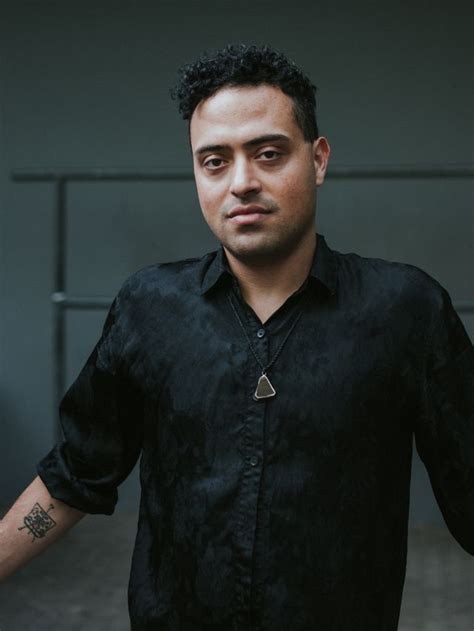A Quote by Ira Sachs
I'm someone who can create critiques of individuals based on their economic history. That's one way I look at people in terms of one story that could be told purely in a Marxist construction.
Related Quotes
Business today is all about improvisation, which is the essence of jazz. Perhaps in the past we could just follow the operating manual and do what we were told, but today the world is too complex and fast. Today it's all about real-time innovation and creativity. Individuals may get hired based on their resumes, but they'll get promoted and reach their dreams based on their ability to create. In that context, being a jazz musician was the best MBA I could have ever received.
There is a sort of myth of History that philosophers have.... History for philosophers is some sort of great, vast continuity in which the freedom of individuals and economic or social determinations come and get entangled. When someone lays a finger on one of those great themes--continuity, the effective exercise of human liberty, how individual liberty is articulated with social determinations--when someone touches one of these three myths, these good people start crying out that History is being raped or murdered.
If human nature does alter it will be because individuals manage to look at themselves in a new way. Here and there people - a very few people, but a few novelists are among them - are trying to do this. Every institution and vested interest in against such a search: organized religion, the state, the family in its economic aspect, have nothing to gain, and it is only when outward prohibitions weaken that it can proceed: history conditions it to that extent.
I don't think one can accurately measure the historical effectiveness of a poem; but one does know, of course, that books influence individuals; and individuals, although they are part of large economic and social processes, influence history. Every mass is after all made up of millions of individuals.
I believe in the complexity of the human story, and that there's no way you can tell that story in one way and say, 'this is it.' Always there will be someone who can tell it differently depending on where they are standing ... this is the way I think the world's stories should be told: from many different perspectives.
I think if you could remove all of the baggage - all of the ideology, the history, whatever else - and look in purely geostrategic terms, I think it's hard to figure out why the US and Iran would necessarily be in conflict. In fact during the shah's era, before 1979 - recognizing that there were all kinds of other problems - the US and Iran worked together splendidly at the strategic level.
Generally, if you look at present-day trends, you can predict the future. Very few people do that, because I've been told that only 3 to 5 percent of people are aware of being a part of history; the overwhelming majority think things will always be the way they are now. When Stalin was alive, most people could not imagine that he would ever die. Same under Brezhnev.
I don't think that there's a target audience at all. These stories were in circulation. The stories were told by men, told in the marketplace by men, but also behind doors by women, but there's no real record of this. It's likely they were told by women to children in their interior rooms. The story could be a negative story, they could be presented as a, "Watch out! Women will get round you, do things to you, weave you in their toils." It could be buried in it an old cautionary story about women and their wiles.
I think that one of the ways that Americans will come to want to look at history is by looking at their own families' histories, and how those stories relate to the larger picture of American history. Then it is no longer abstract. Then it becomes a story that really means something to us as individuals.






































